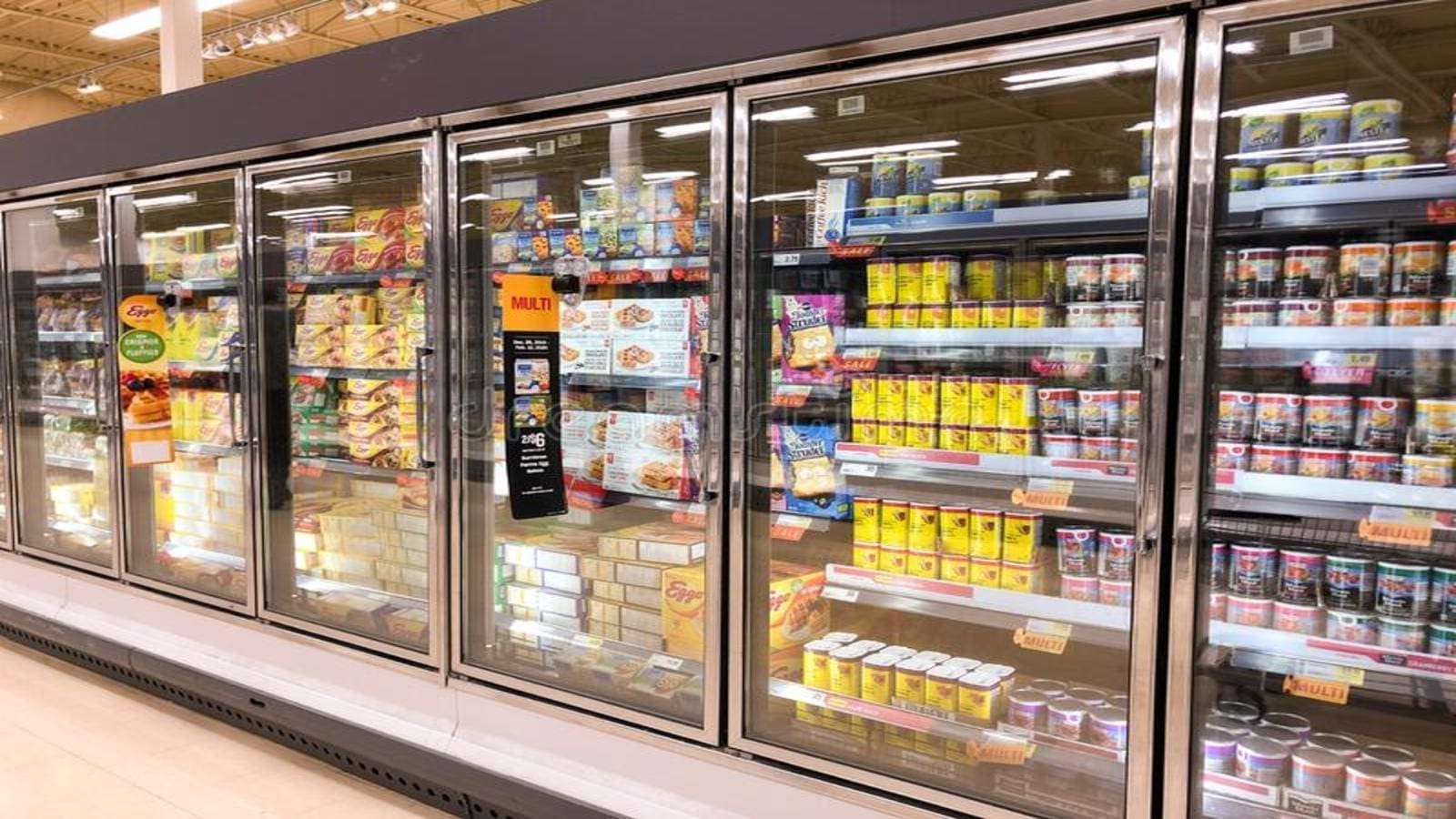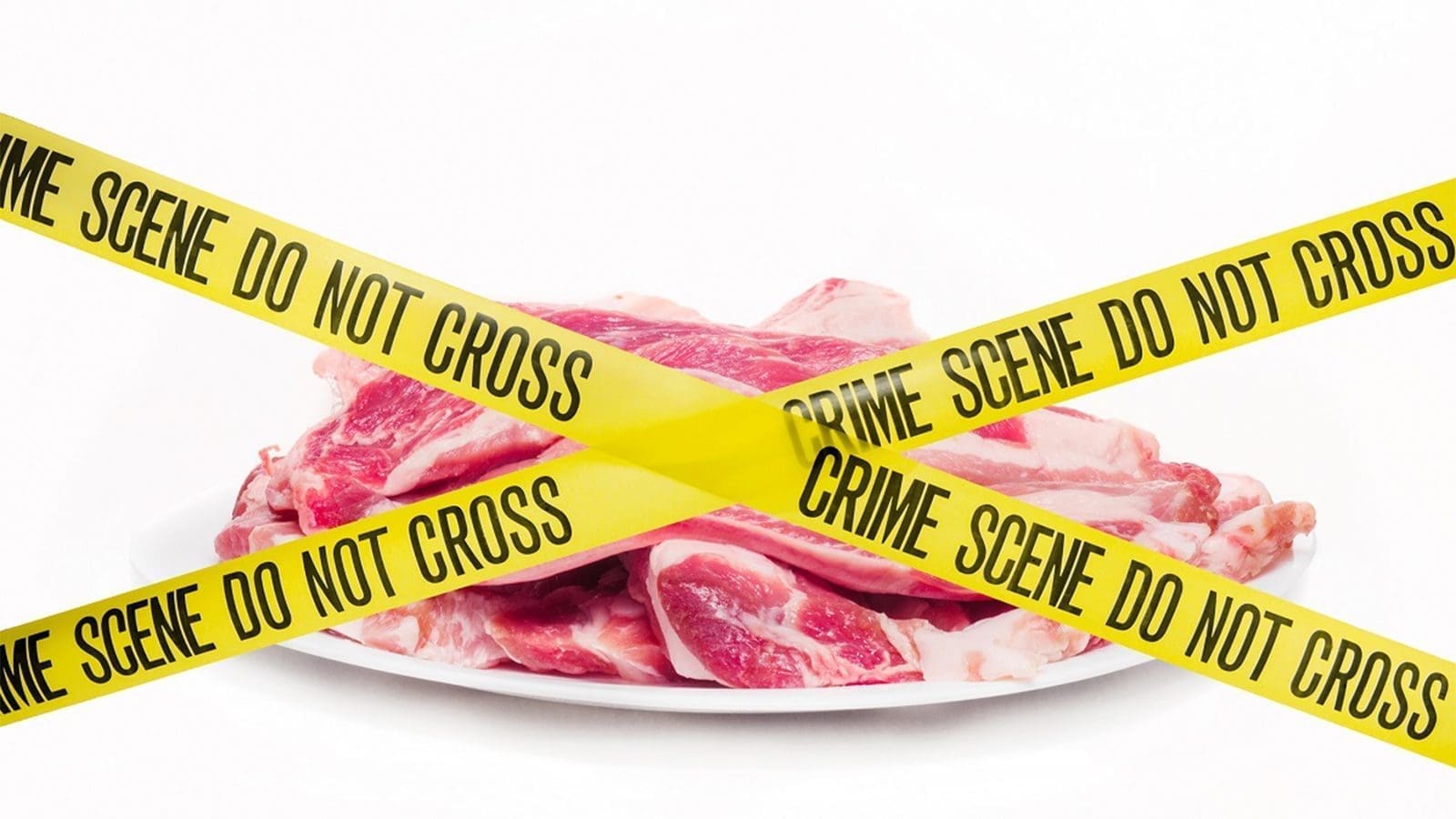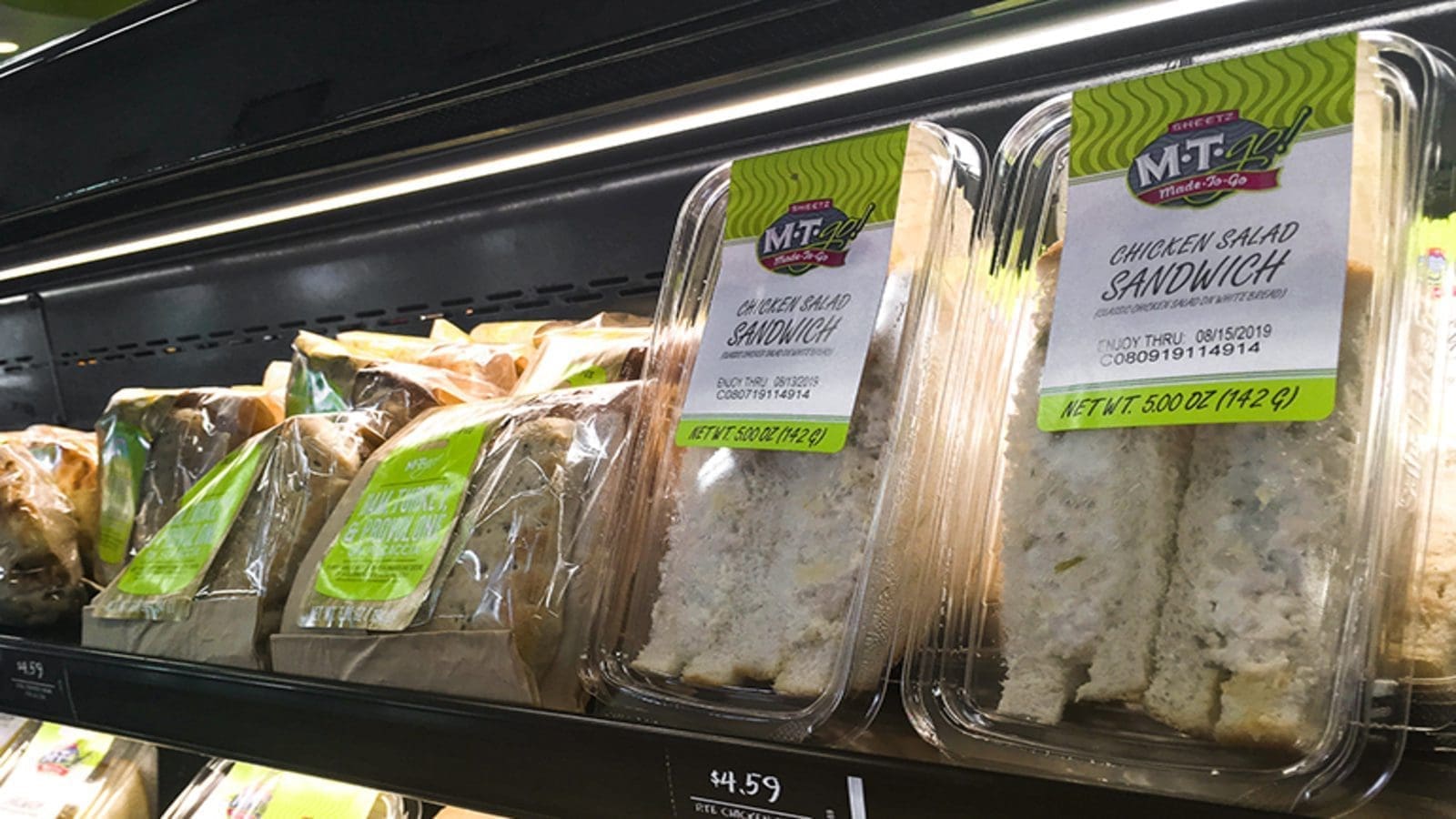SINGAPORE – The Singapore Standards Council (SSC) has launched new standards for storing and transporting chilled and frozen food aimed at reinforcing Singapore’s cold chain ecosystem by improving the management of chilled and frozen food, which includes pre-packaged food, meat, vegetables and eggs.
The new series of standards, termed SS 668: 2020 – Cold chain management of chilled and frozen foods, will set out organizational goals, policies and technical requirements that are key to the cold chain management process for food products. This comes as supermarkets observed a 20 per cent increase in demand for frozen food, with Singaporeans continuing to stay home amid the Covid-19 pandemic.
Overseen by Enterprise Singapore, the Singapore Manufacturing Federation – Standards Development Organization (SMF-SDO) and the Singapore Food Agency, the standards will guarantee that consumers receive safe, fresh and quality products.
A spokesman for the SMF-SDO told The Straits Times that while the standards are not mandatory, businesses may seek to attain the SS 668 certification to gain a competitive edge.
“I believe our standards are already more than adequate. But if there is more, we can do to ensure our food is even fresher, we will be sure to adopt them in our factory.”
Businesses that adopt the standards will need to monitor the time-temperature profile along the entire cold chain, which commences from the processing establishments to the transportation to warehouses and chillers at retail outlets. This helps businesses better manage the risk of food spoilage and, in turn, generate cost-savings in the longer term.
Ms. Chong Nyet Chin, director of food safety and quality at FairPrice commented that the company welcomes the nation’s move towards a more sustainable food chain and ecosystem through the implementation of the new integrated cold chain standards for fresh produce and packaged food items.
“The new standards will not only help us optimize the reliability and effectiveness of our cold chain processes, but also contribute to our sustainability goals by reducing food waste and further strengthen our commitment to providing fresh and quality food to our customers,” she said.
Other frozen food suppliers were riven on whether or not to espouse the new standards, with one citing concerns about cost and the other noting the value of the new standards. The manager of meat supplier Hanifaa Frozen Food, Madam Sakila, informed that the company will not implement the standards as they are not mandatory.
“Adopting them could mean many changes in our processes, which may cost a lot and take time for our workers to get used to,” she lamented.
However, Mr. Tan Tang Ming, business director of Huat Huat Frozen Food Supplier, is of the opinion that the standards are necessary in assuring customers that its food products are fresh and safe.
“I believe our standards are already more than adequate. But if there is more, we can do to ensure our food is even fresher, we will be sure to adopt them in our factory,” he said.
He expressed that the extra costs that come along with implementing the standards are worth it in the long run.








